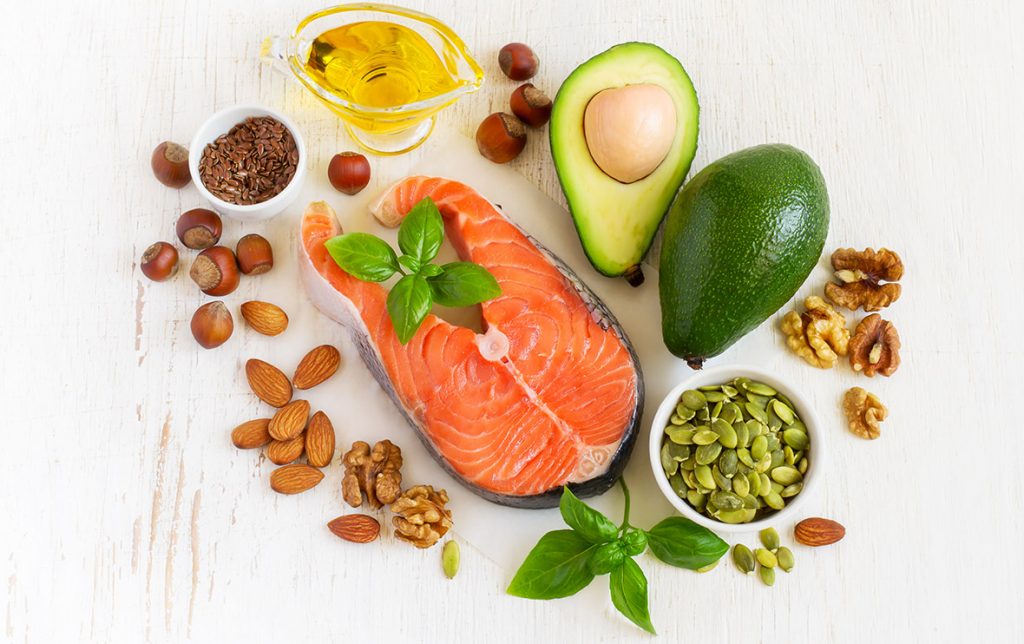The Nutrition and Benefits of Peanut Butter
Do you consume peanut butter and have no idea of its benefits? It is an all-rounded pantry staple but not many people understand the powerful nutritional punch of Peanut Butter. Peanut butter is packed with protein alongside many other minerals and vitamins.
Protein
As we all know, as we age, it is essential to be physically active, and what better way than to consume peanut butter to relieve you of any muscle soreness and cramping? It is a good source of protein, essential in muscle development, repair, and maintenance. You should know that a tablespoon alone contains about 4 grams of protein!
Carbohydrates
The carbohydrates in peanut butter are without a doubt significant to our bodies because they boost our energy levels. It’s best to purchase or consume peanut butter without added salt, sugar, or hydrogenated oil. This is because it will enhance healthy energy levels throughout the day bearing in mind they are vulnerable to get fatigued fast.
Fats
Healthy fats contained in peanut butter contribute to it being among the top healthiest foods. Healthy fats make us feel fuller for an extended period; therefore, promoting a healthy weight and aiding in losing weight.
Vitamins & Minerals
As mentioned earlier, peanut butter contains many vitamins and minerals that include magnesium, niacin, copper, vitamin B-6, zinc, potassium, phosphorous, vitamin E, and manganese, alongside many others. The latter minerals have different roles they play in your body. For example, copper helps in maintaining one’s blood vessels, bone health, and immune function. On the other hand, vitamins like Vitamin B-6 are necessary for heart and immune system health, not to forget their role in over 100 enzyme reactions in the body.
While some people are allergic to peanut or peanut butter, there are many health benefits to those who are not.
Share this post:
Better Living for Today
Easy Turkey Meatball Recipe
Sometimes, when we try to eat healthier, we think we…
Read More3 Cholesterol Lowering Foods
Nearly one in eight American adults have high levels of…
Read More



